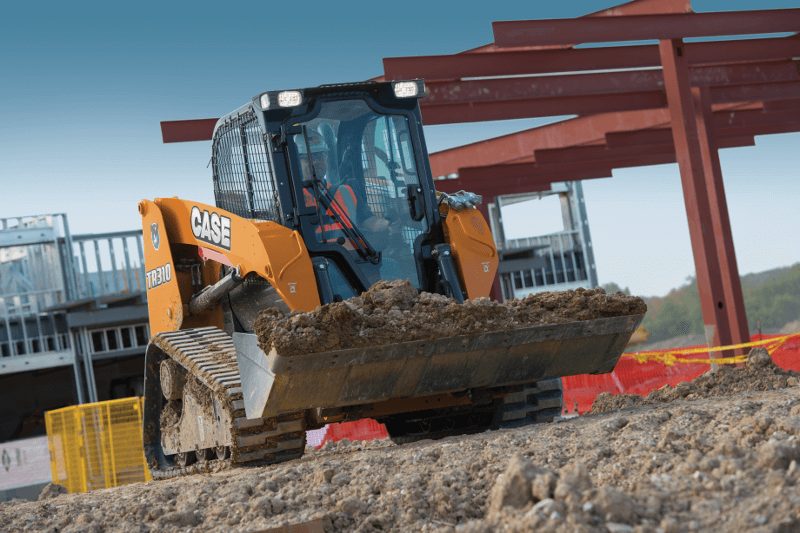CTL and Skid Steer Operation

The versatility of skid steer and compact track loaders makes them a staple on almost any jobsite. Follow our best practices to make sure you are getting the most out of your equipment by completing work efficiently and safely.
Always wear your seatbelt
Rollover accidents are a leading cause of injury and death in CTLs and skid steers, often because the operator wasn’t wearing a seatbelt. Even if your equipment features a ROPS system, seatbelts are an important component to assure safe operation. No matter how light the load or how short the distance, fasten your seatbelt before you begin operation.
Don’t travel across slopes
If you need to go up or down a slope in your machine, make sure the heaviest end is positioned uphill and travel in a straight line up and down. This position maximizes stability and greatly decreases the risk of rollovers. When no load is being carried, the rear of the machine is usually heavier.
Never leave the operator’s station while the engine is running or when the arms are raised
Another leading cause of injury or death involving skid steers and CTLs is hitting or crushing someone with moving parts. Buckets can unexpectedly lower or loads can be dropped without notice. Never start the machine or make adjustments from outside the cab, and never allow someone to walk under raised arms.
The proper technique for stopping the machine is:
- Lower the arms and attachment flat on the ground
- Stop the engine and remove the key, or lock the keyless panel
- Engage the parking break
- Move the controls until they are locked or in a neutral position
Never transport personnel in the bucket or on attachments
No more than one person should ever be involved in operating a skid steer or CTL. Falling off these machines can result in serious injury or death. Never lift the hydraulics or drive a machine with another person riding along the outside of the machine.




